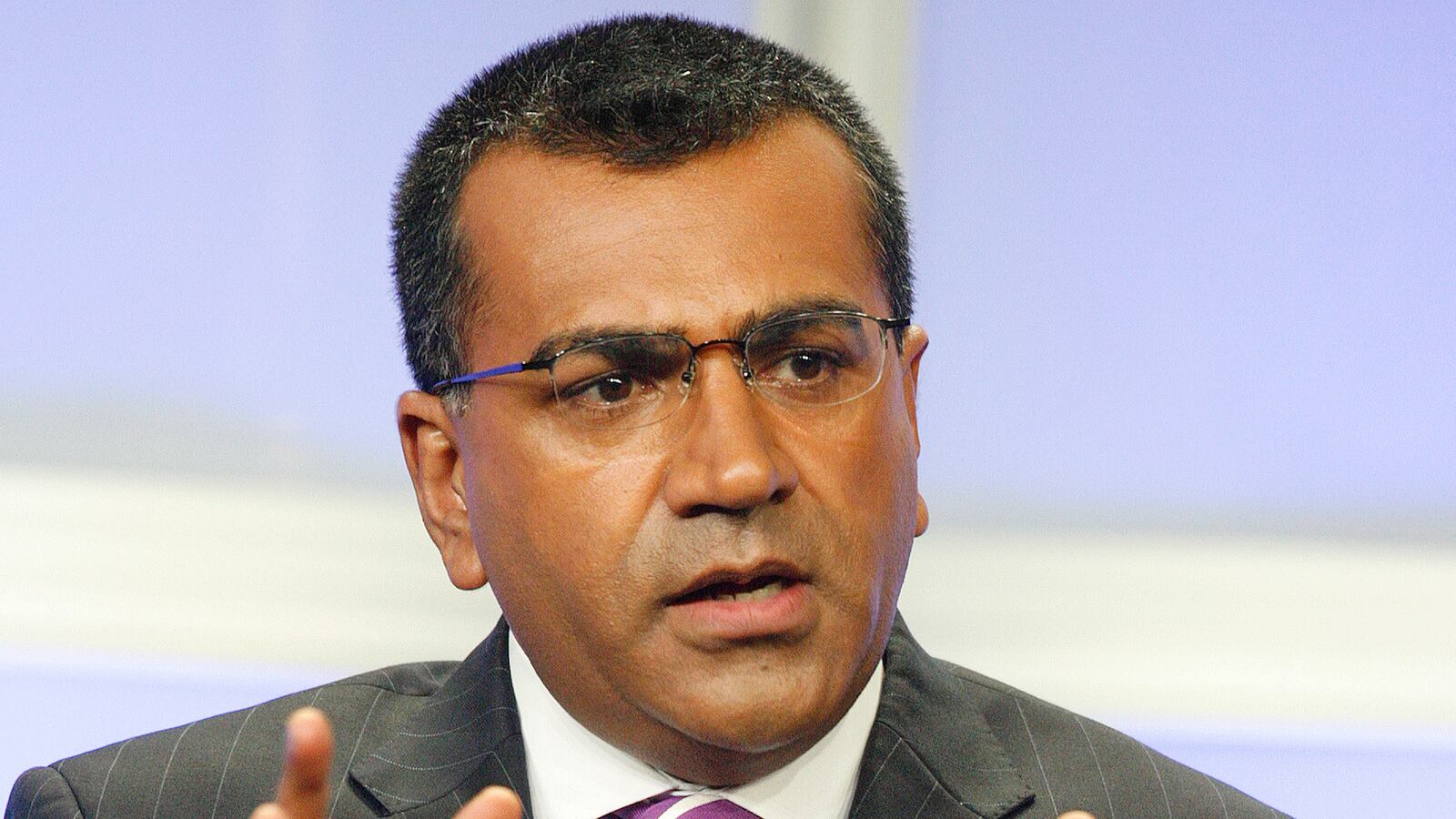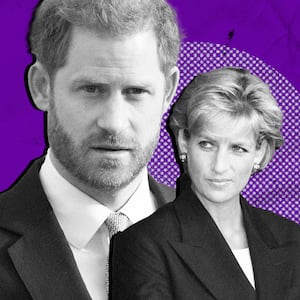Martin Bashir said in a 2020 email that he had been the subject of racist prejudice at the time of his blockbuster Panorama interview with Princess Diana by critics who were “irritated” that a “non-white” person “should have the temerity to enter a royal palace and conduct an interview.”
Bashir wrote the email, which has just been released as part of a Freedom of Information order imposed on the BBC, 25 years after the interview, in response to the gathering pace of an investigation into the underhanded methods he used to secure it.
The results of the investigation were published in 2021 in a damning report that found that Bashir faked bank statements and showed them to Earl Spencer, Diana’s brother, in order to gain access to the princess, and then used other fake documents and invented stories to fuel her paranoia.
In an email to a BBC executive Robert Seatter dated July 20, 2020, Bashir wrote: “I am sorry to hear that this so-called ‘forgery’ story has reared its head again. It played no part in the interview but did allow professional jealousy, particularly within the corporation, to hang its hat on alleged wrongdoing.
“At the time, it was also apparent that there was some irritation that a second-generation immigrant of non-white, working class roots should have the temerity to enter a royal palace and conduct an interview.”
Bashir, the child of Pakistani parents, added: “It would have been so much easier if one of the dynastic families (Dimbleby et al) had done it!”
The email was part of a trove of 30,000 documents released to the documentary maker Andy Webb, Sky News and other outlets have reported.
Webb made the application after discovering, while making a film about the 25th anniversary of the interview, that the former BBC head of news Tony Hall had said in a meeting that Diana’s brother had given Bashir the dodgy bank statements. But the BBC allegedly knew it was Bashir who had faked the statements and showed them to Earl Spencer, to make him believe Diana was being sold out by insiders.
The BBC fought for several years not to release the new documents to Webb but was finally obliged to by a U.K. court on Tuesday night.
However, Webb has said he is going back to court because the released documents are too heavily redacted.
He told The Guardian: “The BBC clearly admit that documents were being withheld. In my book, that’s a cover-up.”
The BBC said in a statement: “Throughout this process we have taken our responsibilities to comply with the directions of the tribunal extremely seriously. Therefore, we’ve today released approximately 3,000 documents, some 10,000 pages, to Mr Webb.
“This latest disclosure includes many hundreds of pages of duplicates and material that was not related to the 1995 Panorama, but was nevertheless caught by the electronic searches.
“We have made redactions, where necessary, consistent with the Freedom of Information Act. There is nothing to support the allegations that the BBC acted in bad faith in 2020 and we maintain this suggestion is simply wrong.”







